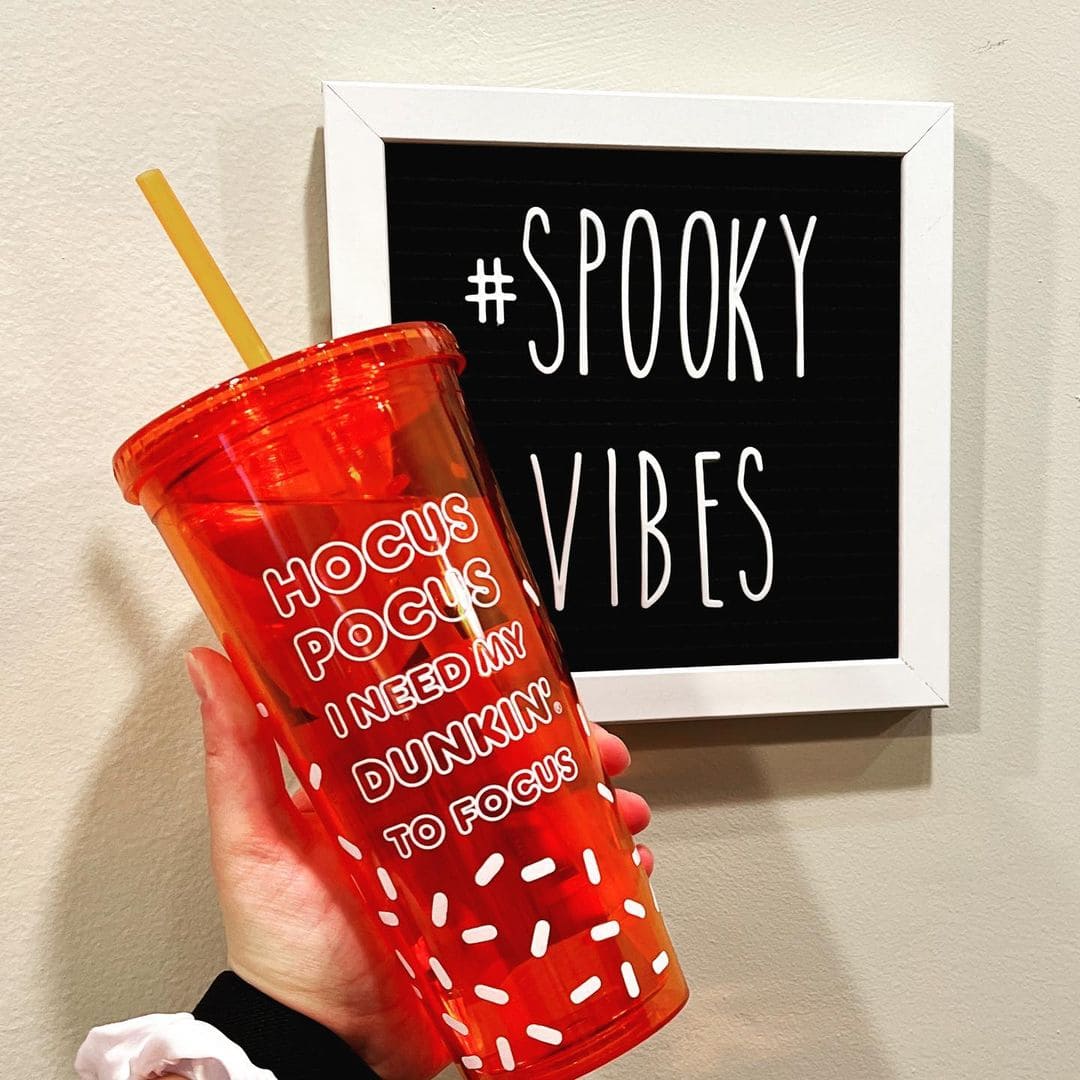Dunkin’ Donuts’ menu includes a wide range of coffee flavors, consisting of original blends and decaf ones. This is due to the demand of different preferences from the customers. Some are fond of strong coffee while others might be sensitive or simply not interested in caffeine in that strong coffee.
Therefore, besides the regular flavors of coffee, Dunkin offers customers decaf coffee as well, aiming to increase the number of people who avoid caffeine. However, does Dunkin’ Donuts decaf coffee really decaf? This article will give you more details about the decaf coffee of Dunkin’ Donuts in specific and the term “decaf coffee” in general.
Is decaf coffee non-caffeine?
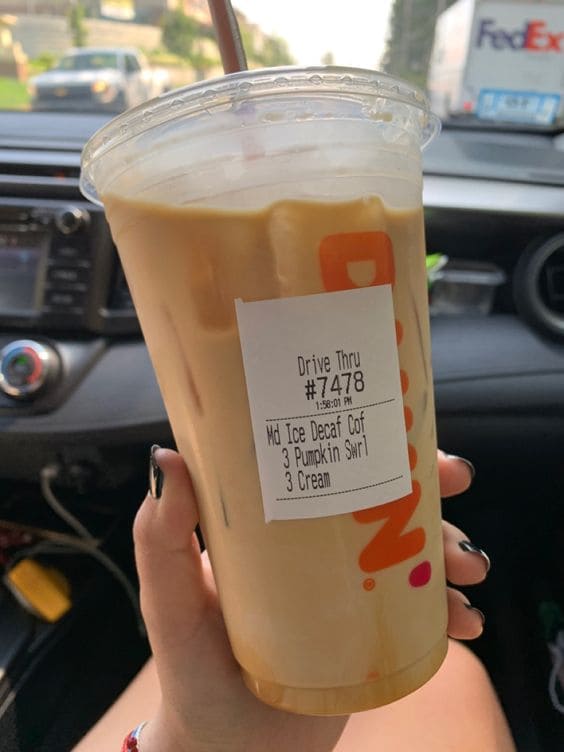
Coffee is one of the most well-known beverages because of its long history of trade and use for many years. When coffee is brought into the discussion, the first thing people think about is the caffeine content in coffee which activates or increases the alertness of the brain, removing sleepiness instantly. This is also the efficiency of coffee apart from its unique taste.
However, the more amount of caffeine in coffee people consume, the more health risks people have to suffer from. Based on research namely “Effects of caffeine on health and nutrition: A Review”, Tsedeke Wolde (Lecturer of Nutrition, Department of Public Health, College of Medical and Health Sciences, Wollega University, Nekemte, Ethiopia) has shown that besides the functions of caffeine, side effects are counted as many as functions. Caffeine impacts psychology, especially anxiety which causes depression, difficulty sleeping, nausea, restlessness, tremors, fast heart rate, urinating more often, etc.
As a result, some coffee lovers also regard their hobby becoming a risk to their health if the caffeine intakes from coffee are too much. Now decaf coffee presents a solution to significantly reduce the caffeine content yet still retain coffee’s taste.
Nevertheless, there comes a question: Is decaf coffee non-caffeine?
It is commonly said that decaf coffee is 97% decaffeinated which means the caffeine content is removed up to 97%, with the remaining only 3% of caffeine. Therefore, decaf coffee is not completely decaffeinated but mostly caffeine is removed.
For more detail, “Caffeine Content of Decaffeinated Coffee” by Rachel R. McCusker, Brian Fuehrlein, Bruce A. Goldberger, Mark S. Gold, and Edward J. Cone shows the caffeine content of some samples of coffee from different brands in Table I. The 10 decaffeinated coffee samples from different outlets contained caffeine in the range of 0-13.9 mg/16 oz serving.
The result is evidence for the fact that most decaf coffee removes the majority of caffeine but not the total amount. Caffeine avoiders should be aware that decaffeinated coffee often includes caffeine. Multiple consumptions of decaffeinated beverages may result in caffeine doses comparable to a caffeinated beverage.
Does Dunkin’ Donuts have 100% decaf coffee?
As mentioned above, there is no 100% decaffeinated coffee produced. However, the caffeine content in decaf coffee might be different due to some factors such as coffee bean type, decaffeination method, and serving size.
Dunkin’ Donuts is not the exception, thus 100% decaf coffee at Dunkin is impossible. The majority of the caffeine in Dunkin’ Donuts Decaf Coffee has been removed. The amount of caffeine in Dunkin decaf coffee is up to 10 mg per 8-ounce cup and more than 10 mg per 16 ounce-cup. When compared to other forms of decaf coffee, Dunkin’ Donuts decaf coffee is placed in the middle of the total.
Dunkin’ Donuts decaf coffee
Dunkin decaf coffee is manufactured from ordinary Arabica coffee beans that have had caffeine extracted. As a result, the coffee is 97.5% caffeine-free.
How does Dunkin’ Donuts decaffeinate coffee?
In a study “Which is the by-product: caffeine or decaf coffee?” published by Food and Energy Security 2012, Paulo Mazzafera indicates that nowadays decaffeination is carried out predominantly by three processes, which use water, organic solvent, and supercritical fluids (Katz 1985; Ramalakshmi and Raghavan 1999; Heilmann 2001).
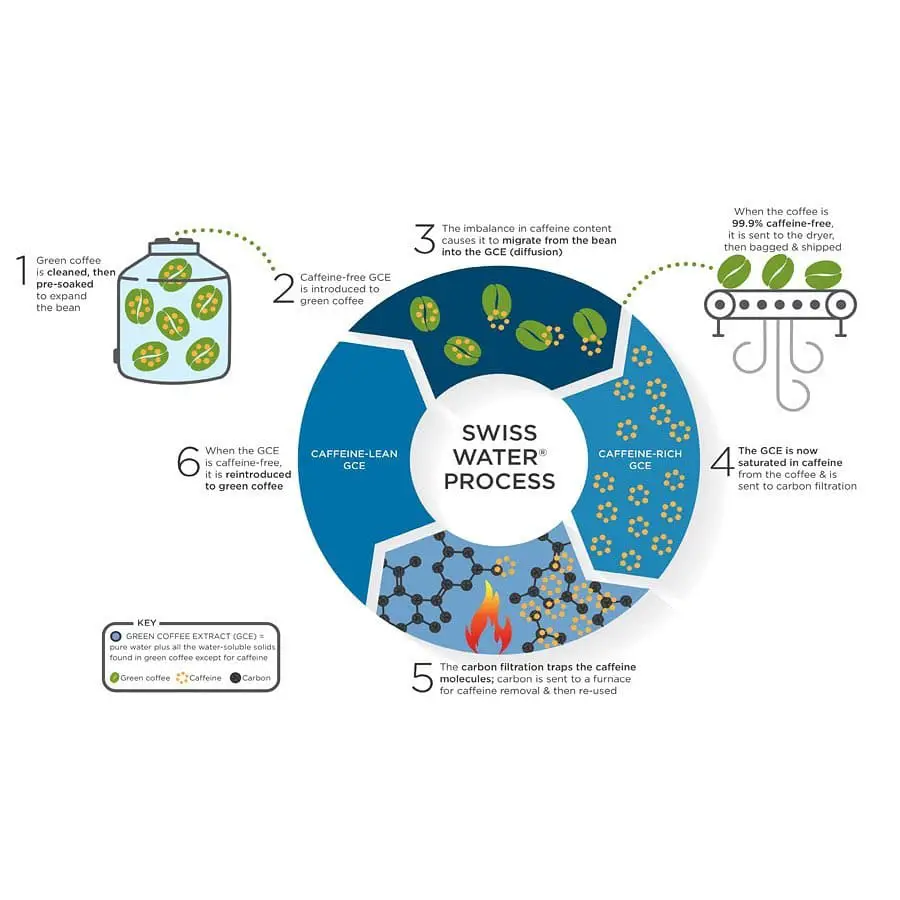
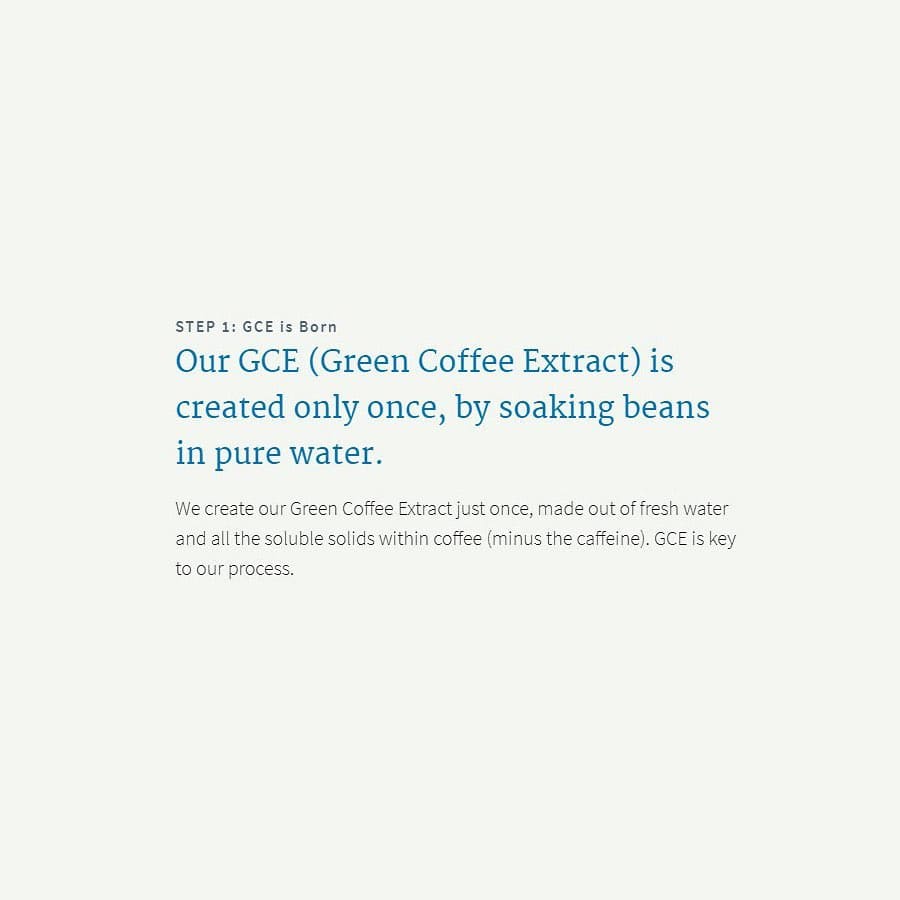
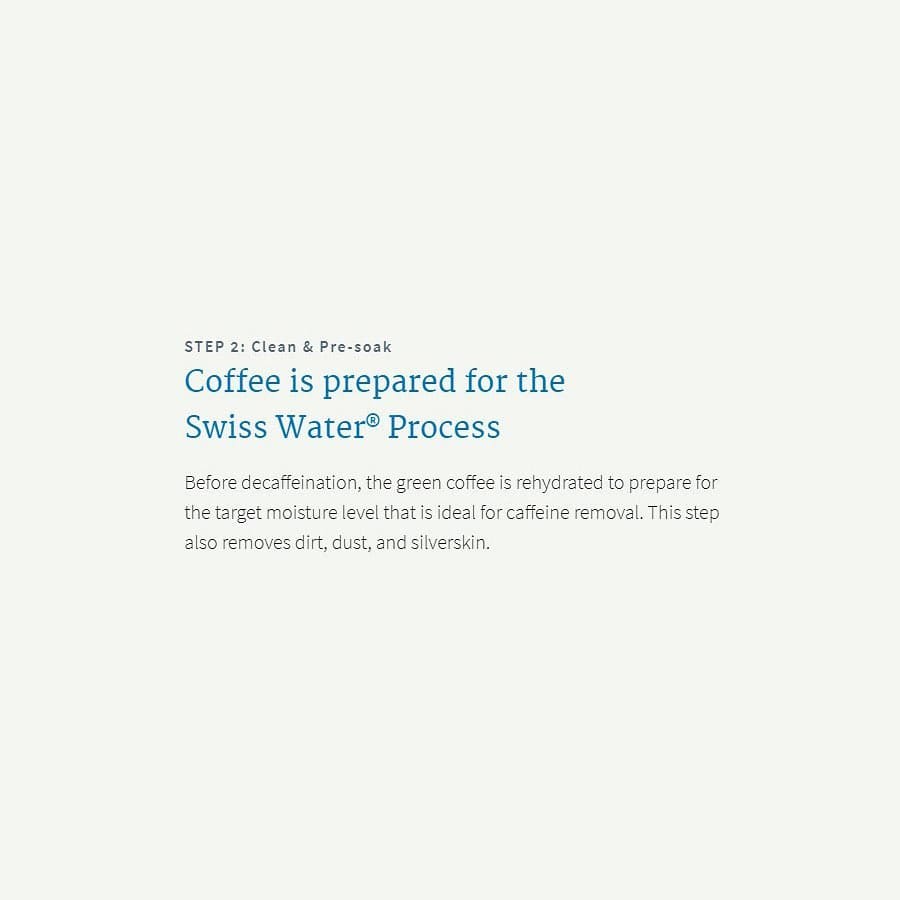
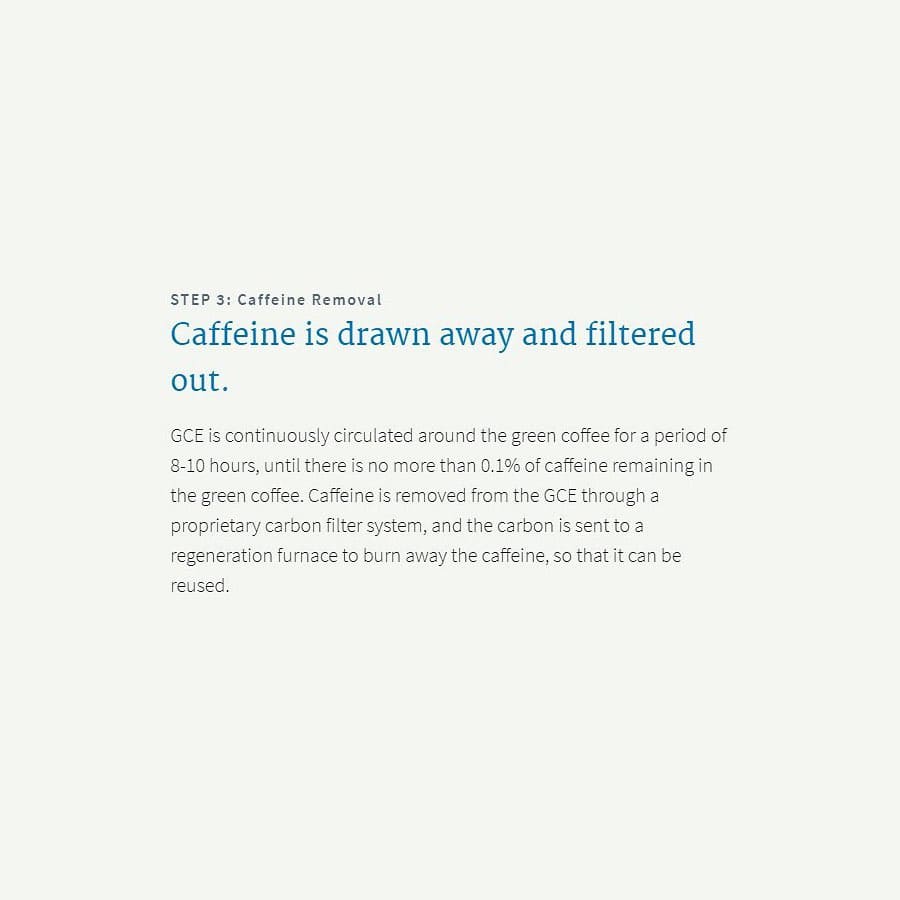
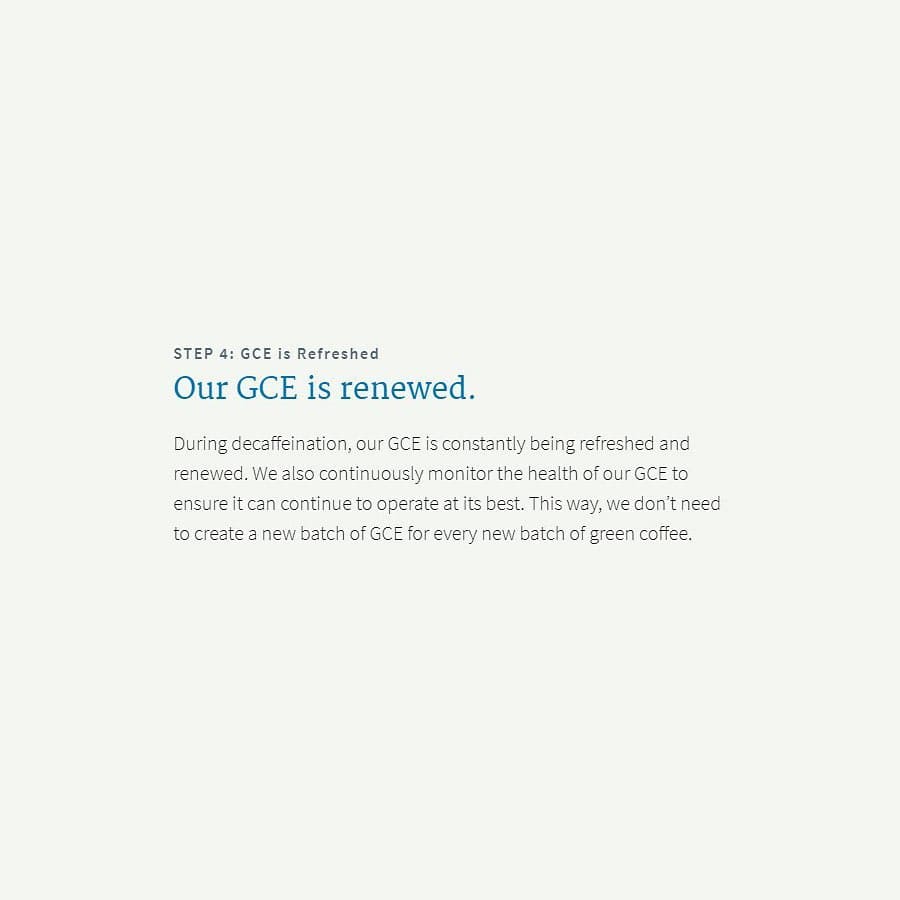
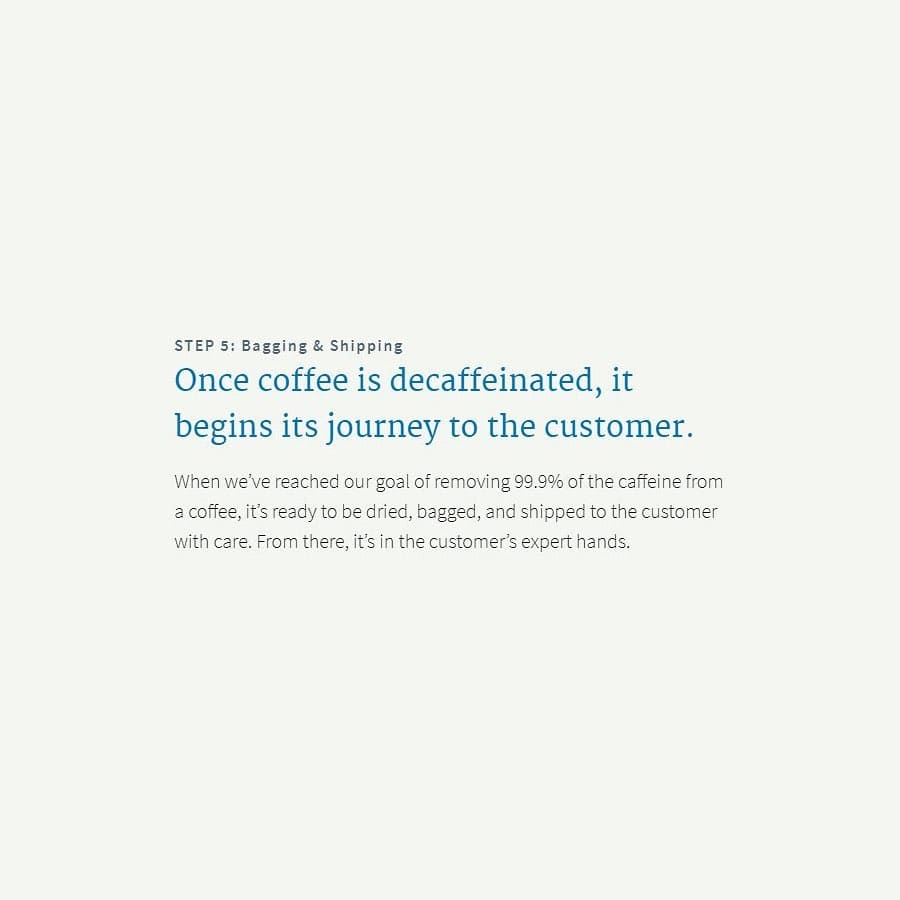
It is known that the decaffeination process used by Dunkin is the Swiss Water Process. The Swiss water process starts with very high-quality green coffee beans, which are soaked in water to saturate the water with soluble coffee solids including caffeine.
Using water to decaffeinate coffee is not the best choice because of the loss of main substances during the washing-out process. However, this process alters water by the free-caffeine extract, which is saturated with the substances lost from the coffee beans in the last step of extraction.
The point is instead of water, during the swiss process, methylene chloride which is usually used as an extraction solvent for spice oleoresins, hops, and the removal of caffeine from coffee plays the main role because it is more selective than water. Furthermore, it also abolishes stuff that is essential for the determination of the quality of the coffee (Azevedo 2008).
The decaf coffee industry is separated into two categories: decaffeinated with and without the use of chemical solvents. The Swiss water process is also known as the only organic process to decaffeinate coffee. Hence, it is seen that Dunkin indeed always wants to give their customers the best and safest coffee regardless of material and equipment costs.
